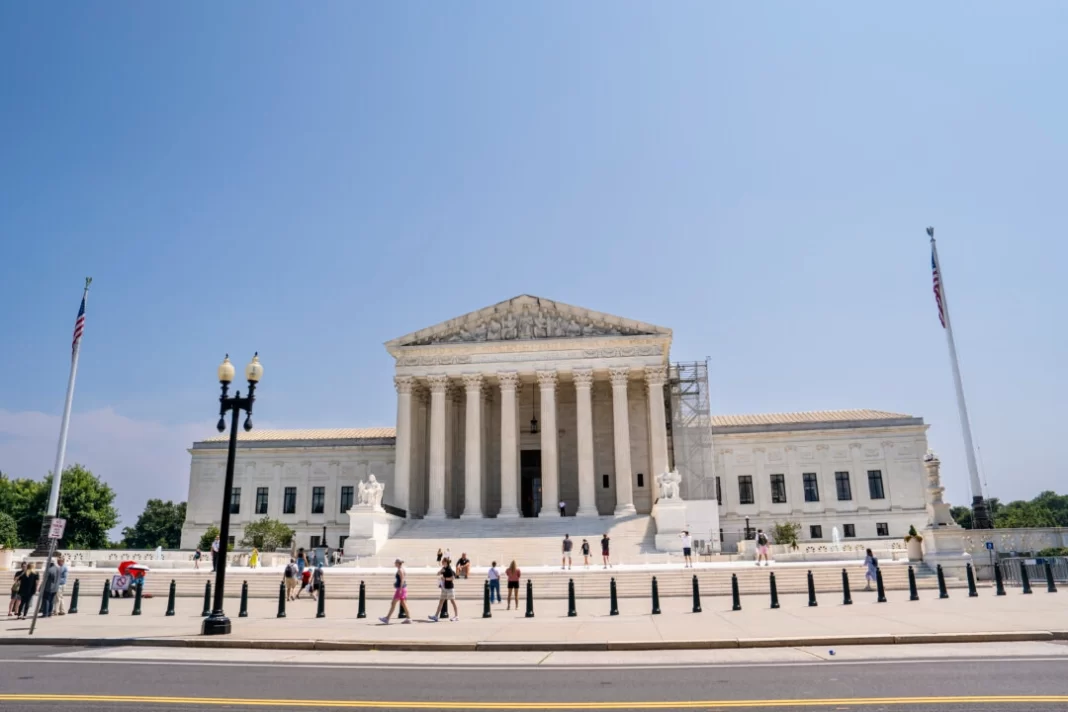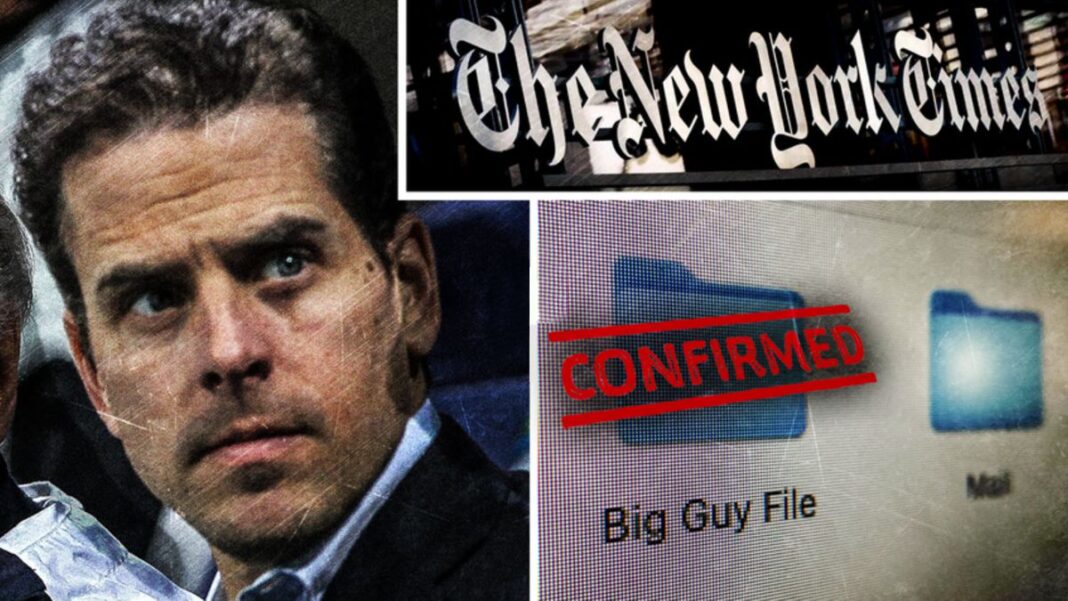The 37-minute interview included tense exchanges over topics including race, DEI, voting rights, and inflation.
Former President Donald Trump sat for what quickly became a contentious interview with a panel of journalists in Chicago on July 31.
The former president took questions from Rachel Scott of ABC News, Kadia Goba of Semafor, and Harris Faulkner of Fox News before a live audience at the annual convention of the National Association of Black Journalists, which routinely hosts interviews with presidential candidates during election years.
Some journalists criticized the decision to interview Trump, with columnist Karen Attiah resigning as co-chair of the convention one day prior to Trump’s appearance, posting on social media, “To the journalists interviewing Trump, I wish them the best of luck.”
Scott noted that criticism in the preface to her first question for Trump, in which she accused the former president of making false claims about political rivals, insulting black congresswomen, and using demeaning terms to describe some black journalists.
“So my question, sir, now that you are asking black supporters to vote for you—why should black voters trust you after you have used language like that?” Scott said.
Trump responded: “Well, first of all, I don’t think I’ve ever been asked a question in such a horrible manner. The first question, you don’t even say, ‘Hello, how are you?’
“I think it’s a very rude introduction. I don’t know exactly why you would do something like that.”
From there, the panelists proceeded with prepared questions on policy points and other topics including inflation, voting rights, immunity from prosecution for police officers, and diversity, equity, and inclusion (DEI) measures.
Pushed to state what actions he would take to lower inflation, Trump said, “We have to bring down the cost of energy, and that’s going to bring down the cost of inflation.”
Asked if he would consider stepping down from the presidency if he felt his health was declining, Trump responded, “Oh, absolutely.”
Asked whether he would pardon Jan. 6 defendants who had been convicted of violent crimes, he said: “Oh, absolutely, I would. If they’re innocent, I would pardon them.” In response to further probing, Trump cast doubt on the validity of their convictions, noting, “Well, they were convicted by a very, very tough system.”






